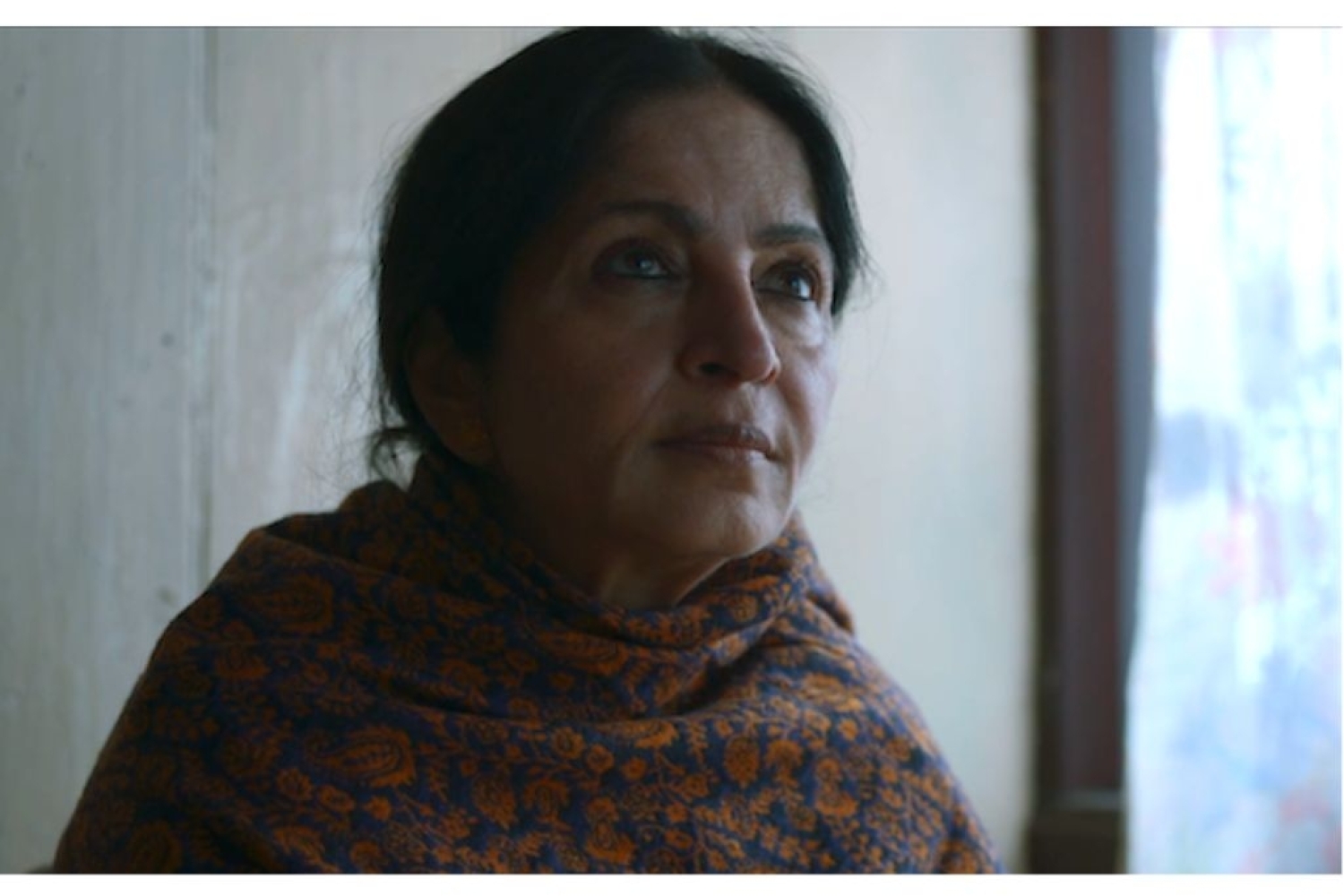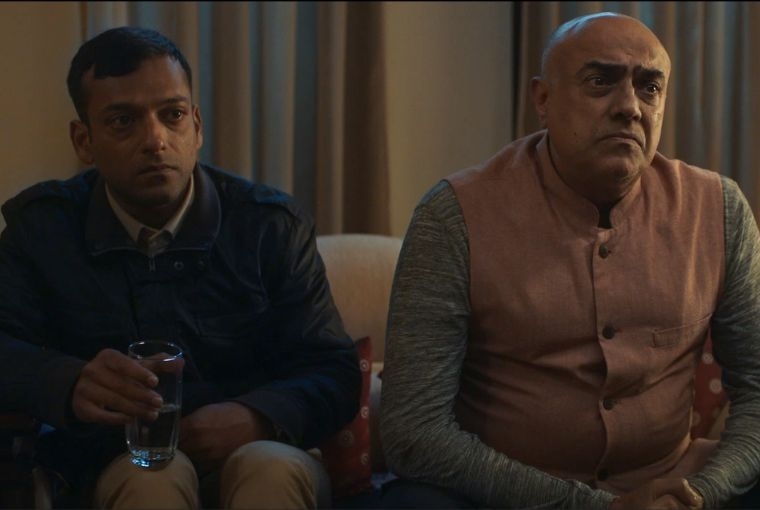

Behind writer-actor-director, Ananyabrata Chakravorty’s vision lies a personal dialogue with possibility; a contemplation of what might have been. To him, cinema provides a stage for these imagined realities, shaped by a happy childhood in Assam and coloured by dreams that dance between cricket fields and movie screens. As a child inspired by stories and a storyteller shaped by loss and reinvention, Ananyabrata’s work transforms the deeply personal into evocative, genre-bending narratives. We asked Ananyabrata to unpack his journey from writing short stories even as a kid to forging a path through film and performance, all while lending moments from life for the cinema.
Early Beginnings
I mean, I grew up doing a bunch of things - largely unrelated to filmmaking. For my childhood to make sense as a part of my story, I should’ve grown up to become a cricketer, a poet, or maybe a quizmaster. Films were just one of the things I loved, like everyone else. But I think I liked telling stories a lot. My father was a theatre actor and he wrote really well - so, I tried to imbibe and impress. I used to write short stories as a kid, and that probably led to the novel in 2015. Filmmaking, the way I look at it, is more of a medium - to tell stories to a larger audience. But yeah, my favorite films as a child were Mr. India, Terminator 2, Mrs. Doubtfire, Goopy Gyne Bagha Byne, Roja and the first film I watched in a theatre - Chamatkar.

Three Hats
I identify the most as a writer. Direction, for me, is an extension of screenwriting - it’s the thing I must do to be able to tell the story in the best possible way. Acting - I started with the aim to financially support my passion of storytelling. But I am enjoying it quite a bit - it lets me earn a living, helps me observe stories from a different perspective, and also gives me a lot of joy.
Short Film Journey
90 to Win, my first short film, is about a man trying to crack a simpler and more accessible algorithm for rain-affected cricket matches. It’s based on an algorithm that my friend Sourav Agarwalla and I created back during our engineering days, hoping that we will someday replace the Duckworth-Lewis-Stern Method. We couldn’t, so in fiction, our protagonist did. My 9-minute short, Naukri, was an attempt to make an earth-based sci-fi set in the near future. In a way, it was my attempt at making a very short Black Mirror episode on a shoe string budget. Both the shorts were funded and produced by Prashanti Malisetti. She runs a company called Pixel Pictures in Bangalore, and had hired me to write and make short films and videos for their digital wing in 2017/18.

Lending from Life for Cinema
My debut feature is about old-age loneliness, and has to do with my inability to connect with my own mother. But the subject of loneliness doesn’t automatically lend itself to interesting cinema. Therefore the dark comedy murder mystery with the mother-son problem at the core. My mother and I get along alright now, but we did struggle to be on the same page after my father passed away, and I wanted to quit a stable career in the IT industry to become a writer. Those five-six years were very difficult, and did inspire the story of the film. But of course, in the film, we take that conflict to a whole new extreme and study what could happen. So, the film is personal, but not autobiographical.
Inside the Writing Room
I think you make a film independently when it becomes even more difficult to not make it. The process was healing for me, more than grilling. The writing and rewriting of the film took a little more than six years, in the midst of gigs that paid my bills. There were loads of narrations and iterations in between. Pre-production to release has taken another three. And it’s all worth it, because there’s no way in the world I could have done something more meaningful in the last ten years - had I not pursued the film.

Engaging the Audience
It has been incredible. The way they engaged with the drama, chuckled at the comedy, and gasped at the reveal at the end - it was very satisfying and encouraging. I just want the audience to enjoy the film, and then slowly, over time, recognize the truth it tries to tell.
Storytelling for a Living
I don’t know. I hope I keep getting acting jobs so I don’t have to depend on studios or film festival grants for a living. That’s the only way I can truly get to tell the stories that I want to.
Words Hansika Lohani
Date 24-11-2025